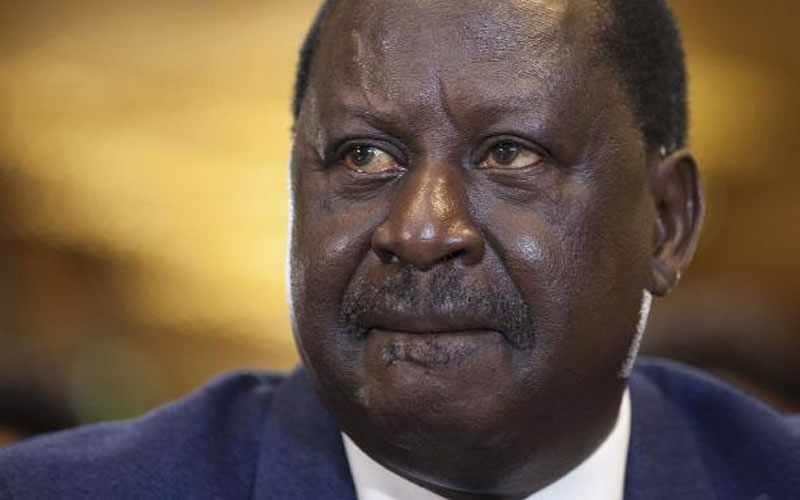×
The Standard e-Paper
Smart Minds Choose Us

ODM leader Raila Odinga is one of the key proponents of BBI. [Standard]
Orange Democratic Movement (ODM) leader Raila Odinga has said his team has a ‘Plan B’ should the higher courts reject BBI constitutional change push.